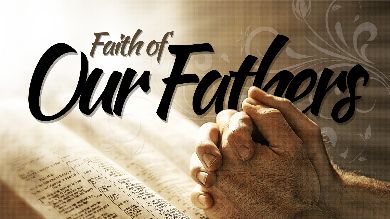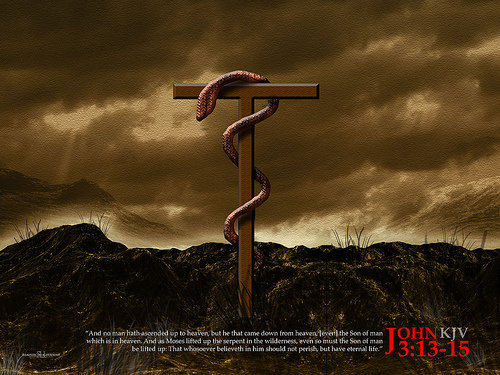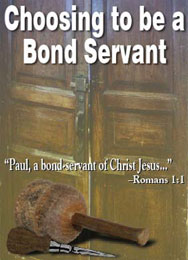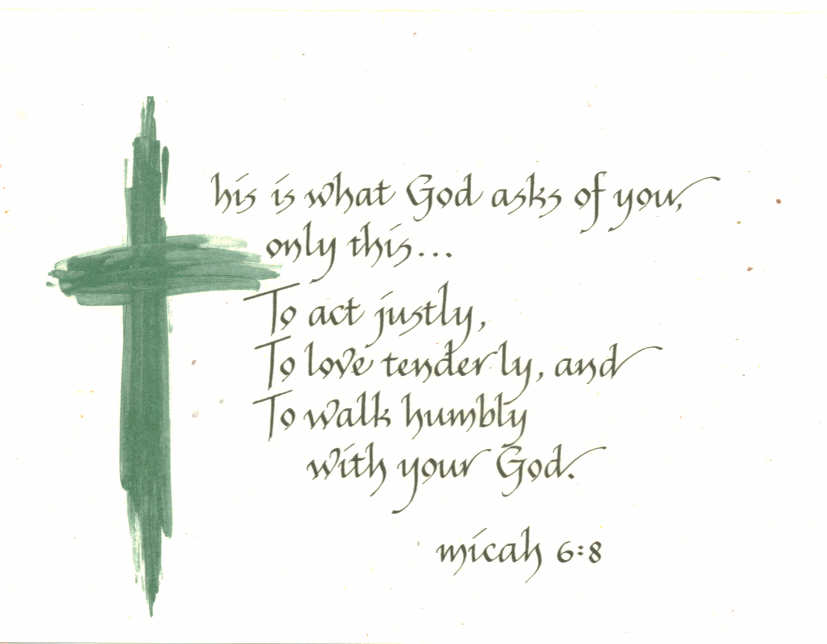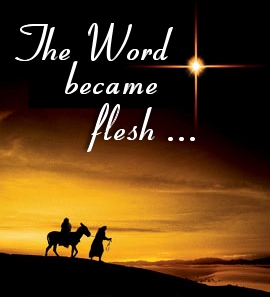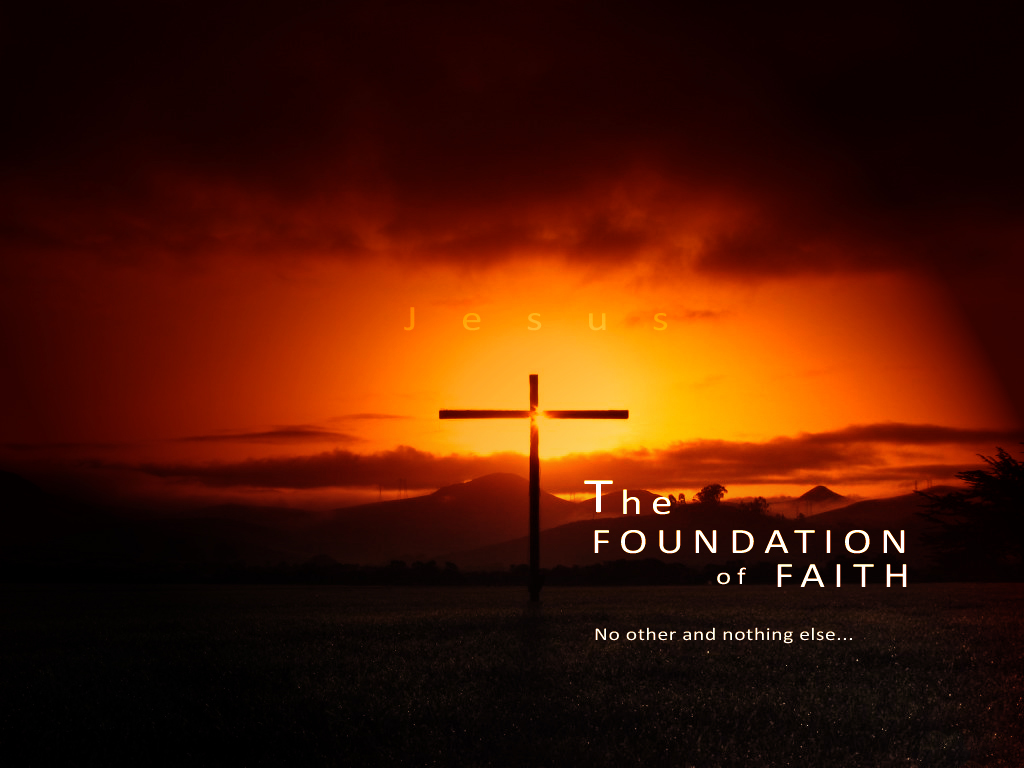Richard Dent’s research and writing will again grace this website as we look at Hymnology in some general terms.
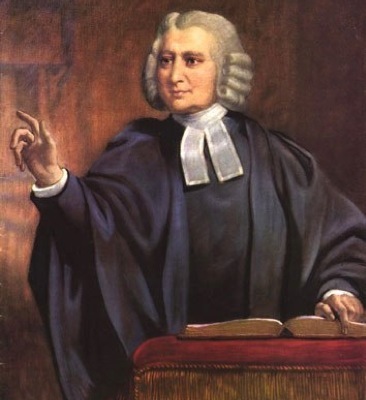 Have you ever thought that there are ‘rules’ for congregational singing? In this report we’ll look at some ideas from Wesley, Watts and Newton. Let’s consider how we can benefit from knowing more about the history of singing within Christiandom and the Lord’s church.
Have you ever thought that there are ‘rules’ for congregational singing? In this report we’ll look at some ideas from Wesley, Watts and Newton. Let’s consider how we can benefit from knowing more about the history of singing within Christiandom and the Lord’s church.
The mid 1700’s was a time of revival – a great awakening in the colonies as well as England. Charles Wesley picked up where Isaac Watts had left off. He, Wesley, wrote thousands of hymns; some scholars say almost 9,000. Some of his works are in our hymnal, Faith & Praise: “Love Divine” (page #140, written in 1747); “O For a Thousand Tongues to Sing” (page #233, written in 1739); “Christ the Lord is Risen Today” (page #345, written in 1739) and “Hark! The Herald Angels Sing” (page #1001, written in 1739).
In one of his books, Charles Wesley listed seven rules for congregational singing:
1) Learn selected tunes before learning others.
2) Sing them exactly as they were printed.
3) Sing all (all people). See that you join the congregation as frequently as you can.
4) Sing lustily (powerful, with vigor) and with good courage. Beware of singing as if you were half dead or asleep.
5) Sing modestly. Do not bawl so as to be heard above the rest of the congregation so as to destroy the harmony of the group.
6) Sing in time. Do not run ahead nor stay behind.
7) Above all, sing spiritually. Have an eye for God in every word you sing. Aim at pleasing Him more than yourself.
(We’ll come back and visit these ideas next week…)
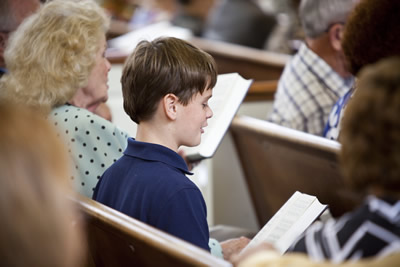 In the wake of the Watts and the Wesleys, whole generations of hymnists rose up and produced some of the grandest music in the church. Some of these hymns are “Guide Me, O Thou Great Jehovah” (page 844) by William Williams in 1745. He was known as the Watts of Wales.
In the wake of the Watts and the Wesleys, whole generations of hymnists rose up and produced some of the grandest music in the church. Some of these hymns are “Guide Me, O Thou Great Jehovah” (page 844) by William Williams in 1745. He was known as the Watts of Wales.
Other memorable hymns include, “Come Thou Fount of Every Blessing” (page #226) was written by Robert Robinson in 1758; “Rock of Ages” (page #454) written by Augustus Toplady in 1776; and “Amazing Grace” (page #129) written by John Newton in 1779. Have you noticed the years these old hymns were penned? Let’s recap the timeline of just these few hymns of prayer and praise:
1739..”Hark! The Herald Angels Sing;
“O For a Thousand Tongues to Sing” and
“Christ the Lord is Risen Today”
1745…”Guide Me, O Thou Great Jehovah”
1747…”Love Divine”
1758…”Come Thou Fount of Every Blessing”
1776…”Rock of Ages”
1779…”Amazing Grace”
An exceptional collection of hymns that have survived the years. Actually, over 200 years! And we would be amiss to forget the back ground behind Newton’s hymn “Amazing Grace.” Remember that John Newton was a slave trader on the high seas. By his account, an evil and vile man who, following his conversion to Christ became a changed man, and then opposed the slave trading business in the British empire. There is one verse we have nearly forgot, it reads…“The earth shall soon dissolve like snow, the sun forbear to shine. But God, who called me here below, shall be forever mine.”
Understanding the back ground behind what we sing will help us appreciate why we sing. Though hymnology, the study of hymns, may not be exciting for many, I truly believe it is imperative for all. Thanks again to my uncle, Richard Dent, for reminding us of the history of some great songs of faith and praise.



